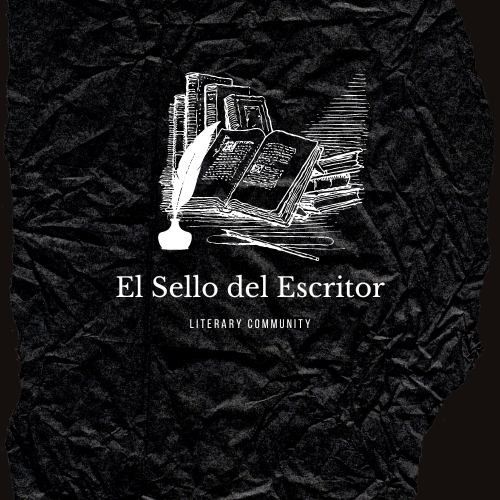El proceso de realización del material de una obra, es decir, el hecho concreto de escribir, supone una serie de elecciones por parte del escritor. Una vez que este ha organizado mentalmente los contenidos que quiere expresar, e incluso ha confeccionado esquemas, guiones, notas, borradores, etc., ha de elegir la forma que quiere darles. Buena parte de la estructura se irá conformando a medida que el autor escriba, durante la elaboración. Sin embargo, antes de escribir la primera palabra, hay que decidir la forma y el género literario de la obra.
Muchas veces, esta elección está determinada por el contenido que se quiere expresar o, por el contrario, se hace antes de fijar claramente dicho contenido. Por ejemplo, un escritor del siglo XVII decidía escribir una obra de teatro (género) sin tener todavía fijado el tema o el argumento (contenido y desarrollo) y ello le obligaba a utilizar el verso (forma literaria).
La forma literaria puede adoptar dos modos diferentes: la prosa y el verso. Ambos tienen sus características diferenciadoras pero se basan en un mismo elemento: el ritmo lingüístico. Tanto la prosa como el verso constan de una serie de repeticiones lingüísticas (porque, realmente, el ritmo es repetición de elementos). La diferencia entre una y otro viene marcada por la frecuencia o regularidad de estas repeticiones y, por supuesto, por la convención gráfica de la disposición en la página de los versos y de los textos en prosa.

En el verso, el ritmo es más evidente por su regularidad. En la prosa existe también un ritmo lingüístico pero es, generalmente, menos perceptible porque las repeticiones no se producen a intervalos tan regulares como en el verso.
Una vez hecha la elección de la forma literaria, el escritor tiene una amplísima gama de posibilidades dentro del verso y de la prosa, en función de la extensión y desarrollo de las unidades propias de cada forma.
El género literario presenta un número de posibilidades de elección muy amplio, aunque a veces la delimitación no sea demasiado precisa, sobre todo en la actualidad. En épocas pasadas, por ejemplo en el mundo grecolatino o en el Renacimiento, la separación era bastante clara. Pero la evolución de la literatura y de las formas de vida ha producido una reorganización de los géneros literarios y, a veces, una mezcla entre ellos. De esta manera, la obra literaria ha ido amoldándose a las nuevas necesidades comunicativas del autor y el lector.
COMMUNICATION: The writing process.
The process of creating the material of a work, that is, the concrete act of writing, involves a series of choices on the part of the writer. Once he has mentally organized the content he wants to express, and has even made outlines, scripts, notes, drafts, etc., he must choose the form he wants to give them. Much of the structure will be shaped as the author writes, during the elaboration. However, before writing the first word, the form and literary genre of the work must be decided.
Many times, this choice is determined by the content that you want to express or, on the contrary, it is made before clearly establishing said content. For example, a 17th century writer decided to write a play (genre) without having yet established the theme or plot (content and development) and this forced him to use verse (literary form).
The literary form can take two different modes: prose and verse. Both have their differentiating characteristics but are based on the same element: linguistic rhythm. Both prose and verse consist of a series of linguistic repetitions (because, really, rhythm is repetition of elements). The difference between one and the other is marked by the frequency or regularity of these repetitions and, of course, by the graphic convention of the layout of the verses and prose texts on the page.

In the verse, the rhythm is more evident due to its regularity. In prose there is also a linguistic rhythm but it is generally less perceptible because the repetitions do not occur at such regular intervals as in verse.
Once the choice of literary form has been made, the writer has a very wide range of possibilities within verse and prose, depending on the extension and development of the units of each form.
The literary genre presents a very wide number of choice possibilities, although sometimes the delimitation is not very precise, especially nowadays. In past times, for example in the Greco-Latin world or in the Renaissance, the separation was quite clear. But the evolution of literature and ways of life has produced a reorganization of literary genres and, sometimes, a mixture between them. In this way, the literary work has been adapting to the new communicative needs of the author and the reader.

